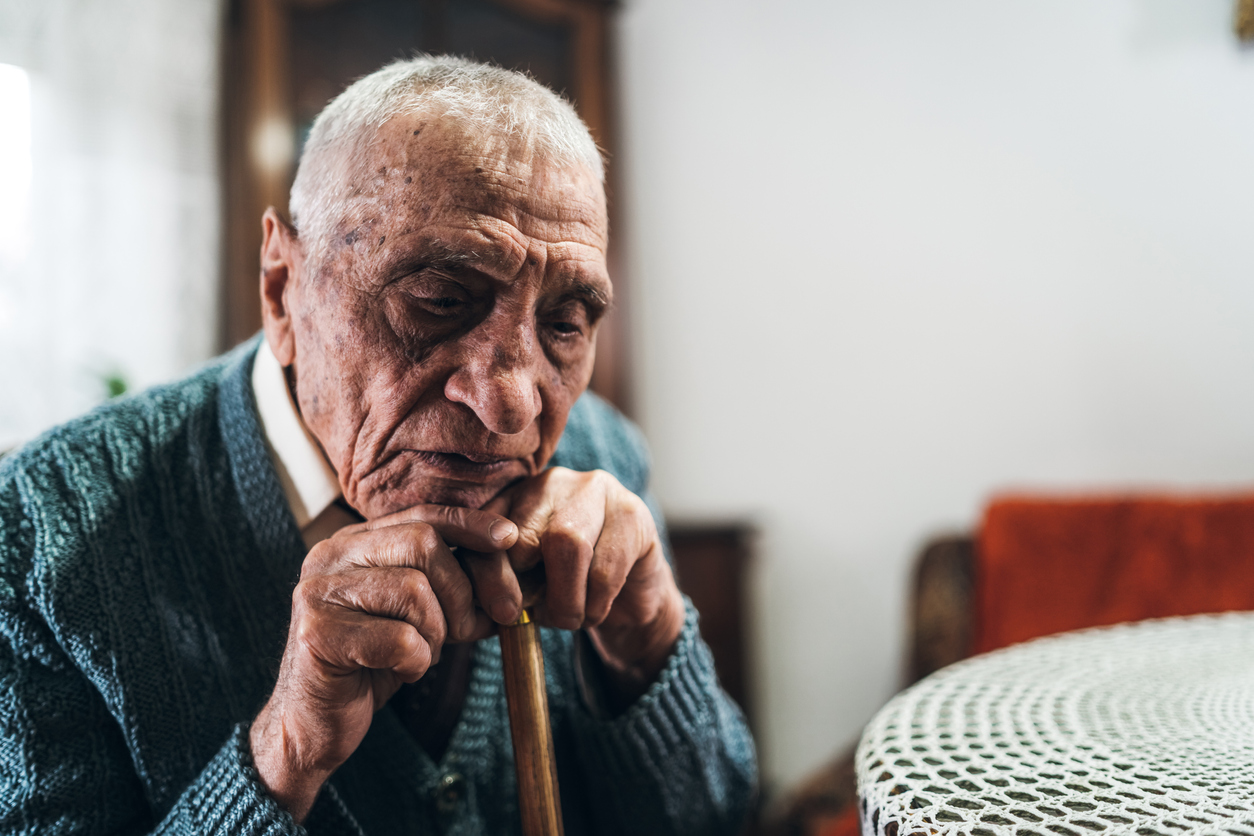
Executive Summary
1. Introduction The new Coronavirus (COVID-19) is a highly contagious disease that was discovered near the end of 2019. COVID-19 has been conceptualized as a “gero-pandemic,” defined as a disease that has spread globally with heightened significance and negative consequences for older populations (Wister & Speechley, 2020). Older people are particularly vulnerable to the harmful health impacts of COVID-19, as well as social isolation and loneliness as a result of public health measures to reduce transmission of the disease (e.g., physical/social distancing measures, closure of community spaces). This report investigates how the COVID-19 pandemic has affected older Canadians, focusing on social isolation and loneliness. Social Isolation is defined as “a lack in quantity and quality of social contacts” and “involves few social contacts and few social roles, as well as the absence of mutually rewarding relationships.” (Keefe et al., 2006, p.1). Loneliness is “defined as a distressing feeling that accompanies the perception that one’s social needs are not being met by the quantity or especially the quality of one’s social relationships” (Hawkley & Cacioppo, 2010, p.1). While social isolation and loneliness can have both common and unique features, we use the term social isolation in this report to designate both terms except where distinct patterns require attention. To inform the report, a comprehensive search of academic and grey literature was conducted, including promising practices aimed at reducing social isolation. This was supplemented with new data from the Canadian Longitudinal Study on Aging (CLSA). The World Health Organization’s Age-Friendly Cities framework was used as a guiding model for the review. In Canada, data from the CLSA reveals striking increases in feelings of loneliness from the first results of the study (2011-2015) to COVID-19 (April - December 2020). It is estimated that there is a 67% increase in loneliness for women aged 65 to 74, and 37% for those aged 75 to 84. Smaller increases are observed for men, where there is a 45% relative rise for men aged 65 to 74 and 33% for the oldest group.
Read more...







